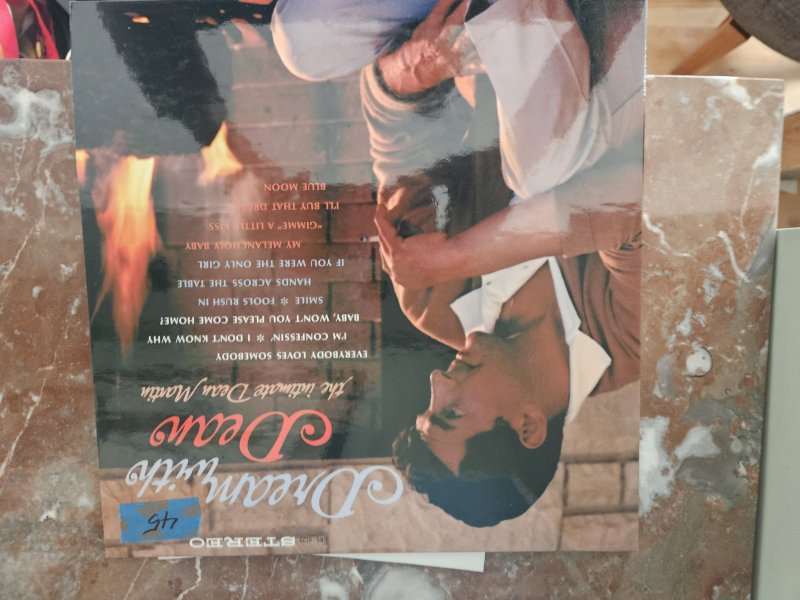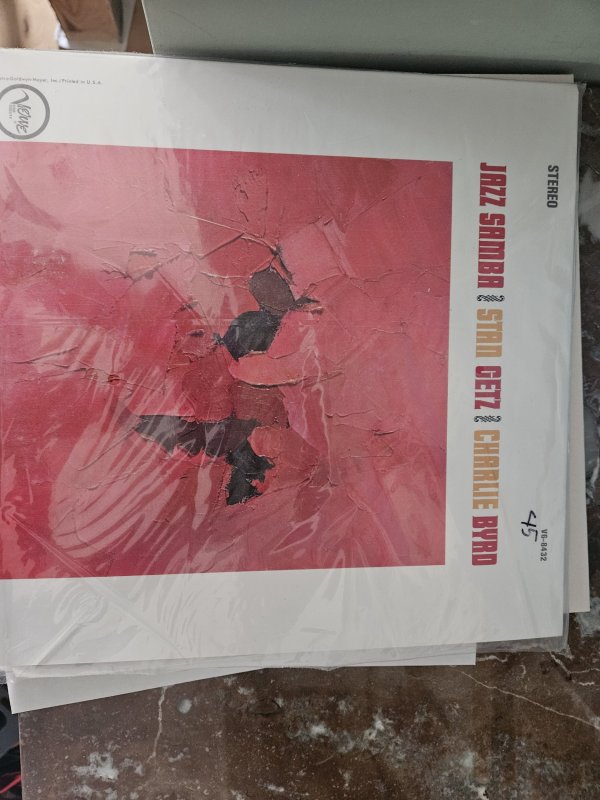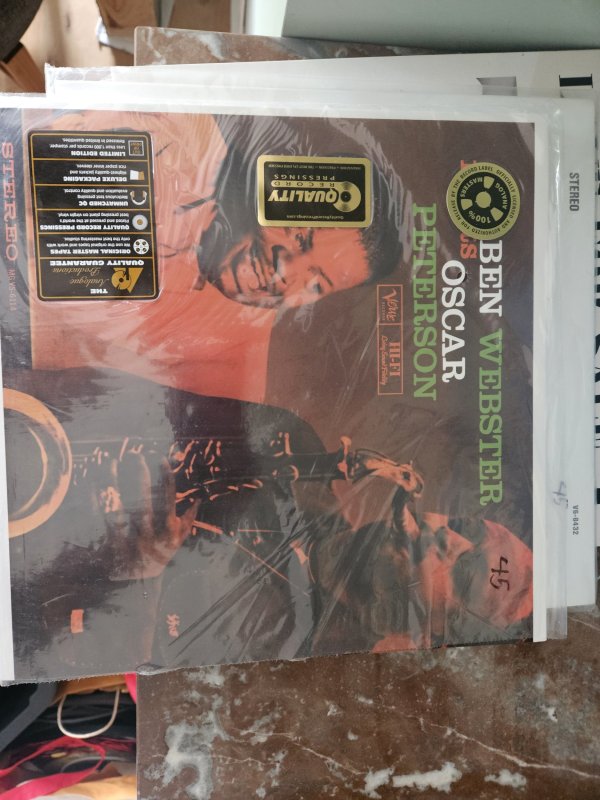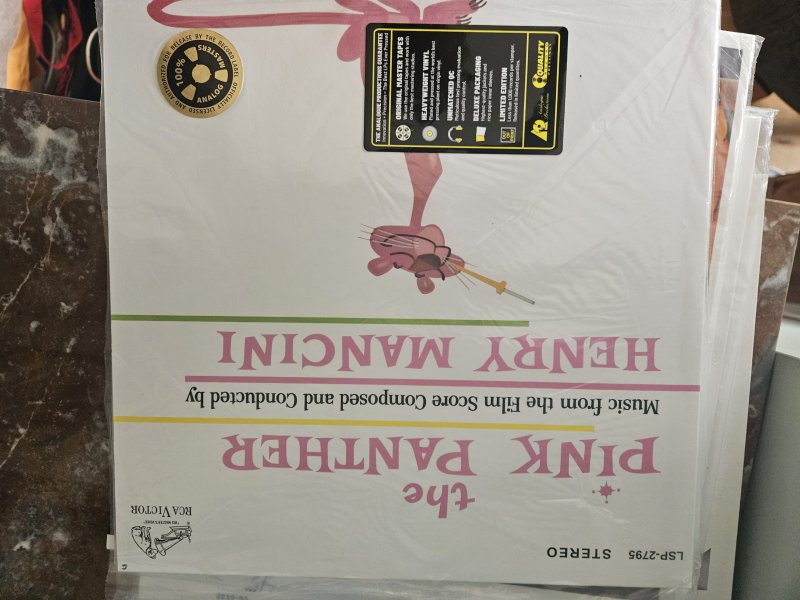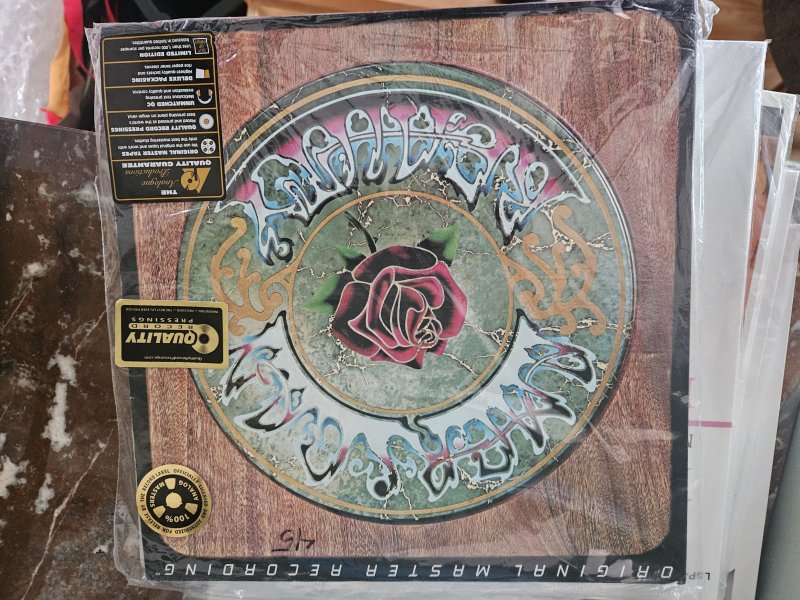YouTube Channel
Mono and Stereo - Senior Contributing Reviewer
Dealer for Clarisys Audio and Hegel Music Systems
TURNTABLE: Brinkmann Balance; RoNt III;
TONEARM: Reed 5T;
CARTRIDGE: Air Tight Opus 1;
TAPE: Studer A820;
CD PLAYER: Pioneer Elite DV-47Ai;
STREAMER: Innuos PULSAR;
STREAM: Qobuz;
DAC: Lampizator Baltic 4;
PHONO STAGE: Aesthetix Io Eclipse, Hegel V10;
LINE STAGE: Trafomatic Lara, Hegel P30A;
AMPLIFIER: Jadis JA100, WestminsterLab REI;
LOUDSPEAKER: Gryphon Pendragon, Clarisys Studio Plus;
INTERCONNECT CABLE: Cardas Clear Beyond, Cardas Clear Reflection;
SPEAKER CABLE: Absolute Fidelity;
POWER CABLE: Cardas Clear Beyond XL, Iconoclast BAV;
POWER: dedicated sub-panel, JPS in-wall, chemical grounds;
STANDS: HRS M3X2, PBN Audio turntable stand, Adona Zero GXT1N;
ROOM: 20' wide X 24' long X 14' tall;
ACOUSTIC TREATMENT: PSI AVAAs, ASC TubeTraps, absorption panels;
WOO-WOO: Shakti Stones, Saraswati




